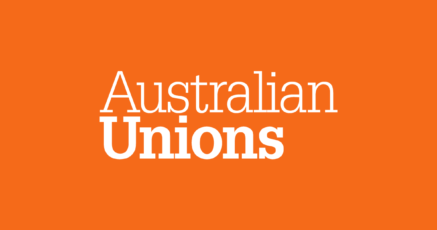
Industry Super Australia’s Senior Manager Research & Public Affairs, Matthew Read, provides insights into how the super sector may have a role to play in the housing affordability crisis.
Access to secure affordable housing is one of the most serious challenges to our financial security in retirement. Pleasingly the new Government made commitments around the issue at the last election. In the upcoming budget in October, we may get a first glimpse of how the Government is intending to tackle this problem, an approach that may include a role for superannuation funds and other institutional investors.
There has been a dramatic decline in home ownership for Australians of working age. In just 20 years home ownership rates have fallen by up to one third for younger Australians and mortgage debt at retirement has skyrocketed, with over half now having debt that they must pay off – increasingly with their super balances.
But at a more basic level, without secure affordable housing Australians don’t have a sound platform to participate in communities, hold secure work, let alone have the capacity to have extra income to save to buy. For older Australians the data clearly shows they will experience higher levels of poverty. Industry funds are acutely of this challenge and its inescapable clash with retirement savings.
Australian superannuation funds including industry funds currently don’t have significant investments in housing, largely because there have not been opportunities of sufficient scale and regularity, but also as many commentators have already pointed out, the risk return profile of the investment opportunity has not been right.
The good news is that a good deal of work has been undertaken on this by the National Affordable Housing Alliance and Constellation Project among others, into how to enable funds and other institutional investors to invest efficiently and at scale, further diversifying their investments, increasing housing supply, all while earning good risk adjusted returns for members.
How this might work is currently being put through the wringer. Most importantly though, there is a strong economic case for Government to develop a return model that stacks up for institutional investors given it will be the only party able to capture other positive financial externalities from secure housing, such as better health, educational, employment and social security outcomes.
Of course, none of this is certain and there is a lot of detail to work through but there appears to be an appetite from the new Federal Government to prioritise affordable housing delivery and collaborate with the super industry, state and local government and the community housing sector on its delivery.










SHARE:
Australia’s affordable housing crisis